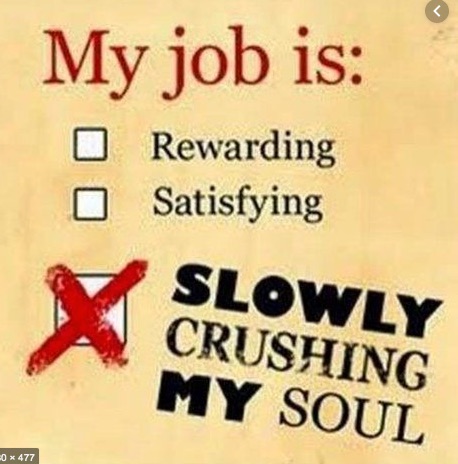Just this past week, a client in Vancouver, who was laid off after 16 years with the same company, said to me, “I’ll be honest with you, I’ve lost my confidence, and don’t know if anyone will ever hire me again.”
I work with many individuals who are laid off or leave a job after 10-20 years with the same company. In many cases, they don’t know what to do or whether someone else will hire them—because they’re consumed with self-doubt.
There are many signs of self-doubt and they can differ from person to person but I’ve noticed that there is a hesitancy to take credit in many cases.
They have difficulty to acknowledge on-the-job personal achievements. Instead, they attribute their career achievements to the company, or their boss, or their colleagues, or other external factors.
Focus on details
With this client in Vancouver, I asked her, what is the most recent project or assignment that you worked on? What is the biggest project you’ve completed? What accomplishment are you most proud of? As I listened to her stories, I focused on her personal contribution, effort, or skill.
I then drilled deeper into her accomplishments. Tell me what you did specifically as an individual or as part of a team in that project? How did you do it? What was the outcome for your employer, i.e. how did you help them make money, save money, improve productivity, attain efficiencies, meet difficult deadlines, work with new products or technologies?
Write it down!
She hadn’t thought about these things at all, so I wrote down my questions and emailed them to her. Slowly but surely over the next several weeks, she responded with answers. A direct line of questioning about specific accomplishments reveals a much fuller, richer, detailed story.
She told me it was one of the most helpful exercises that she’d ever done. By separating the emotions affiliated with losing her job and focusing on facts and details related to achievements, she could view her employment history objectively, clearly, accurately. And, by doing so, her confidence was bolstered.
This is a very common realization for many of my clients: before they can communicate their value to a new employer, they must be able to see if for themselves.
Next steps
Then it becomes a matter of me packaging and positioning their experience with a compelling story that gets the attention of potential employers.
There are many vehicles for telling that story, including a resume, LI profile, an interview presentation, and more.
But, whatever the vehicle, my clients learn to drive their message home with confidence.










